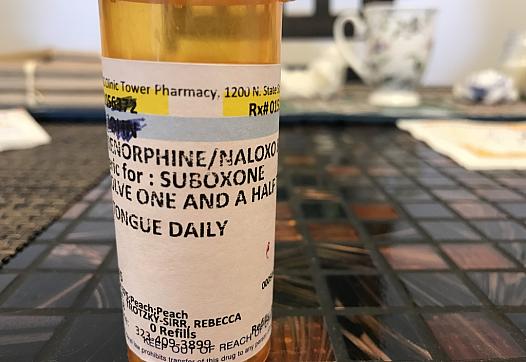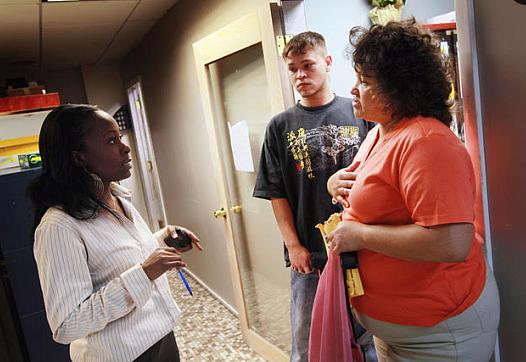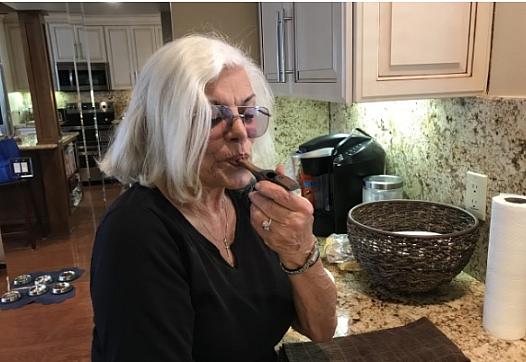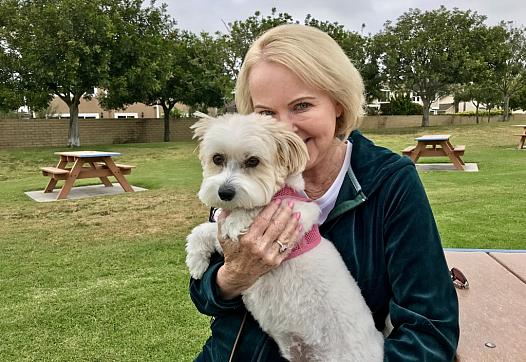
The disaster has been made worse by the number of residents suffering from chronic illnesses and a shortage of doctors.

The disaster has been made worse by the number of residents suffering from chronic illnesses and a shortage of doctors.

The expansion of Medicaid has been key to getting more homeless people permanently housed in Los Angeles and beyond.

Momentum is building to get emergency departments to play a bigger role in stemming the epidemic.

The Trump administration's recent efforts to shrink the social safety net will only make treating the real drivers of health harder.

Over the course of a week in March, Los Angeles stand-up comic and life coach Kate Romero opened up to KPCC about the pain she feels from degenerative disc disease and fibromyalgia.

Some seniors there now say they are looking for ways to take as few prescription drugs as possible. And many are turning to cannabis as an alternative.

"We are overreacting to the need to lower opioid prescribing by punishing patients," says Dr. Kelly Pfeifer.

In Los Angeles County, the rate of deadly overdoses is much lower than the national rate. Why?

A network of regional "task forces" is tackling the opioid problem throughout California, leading to a dramatic drop in overdoses in one rural mountain county.
Many Philadelphia schools are incubators for illness, with environmental hazards that endanger students and hinder learning.